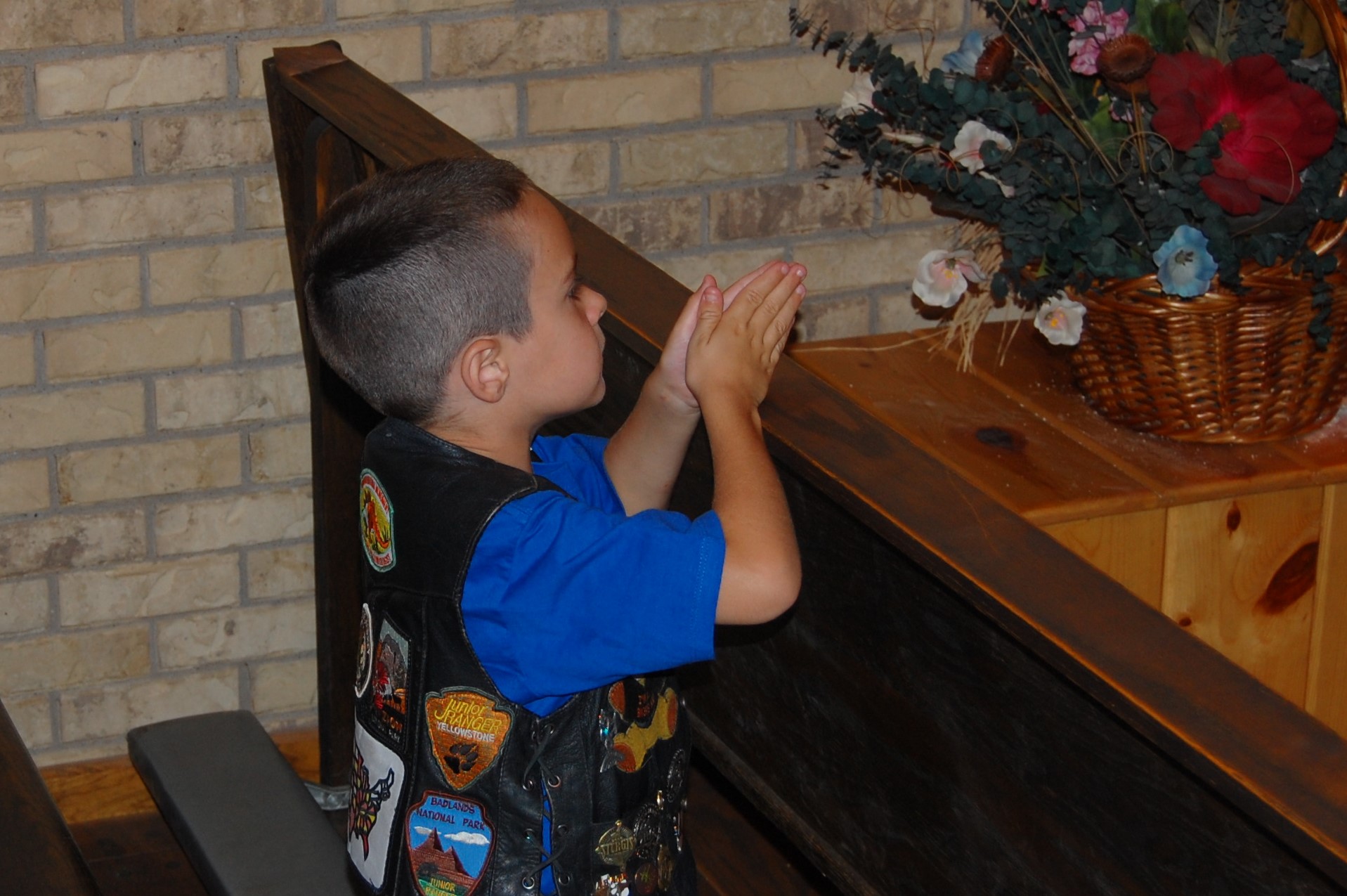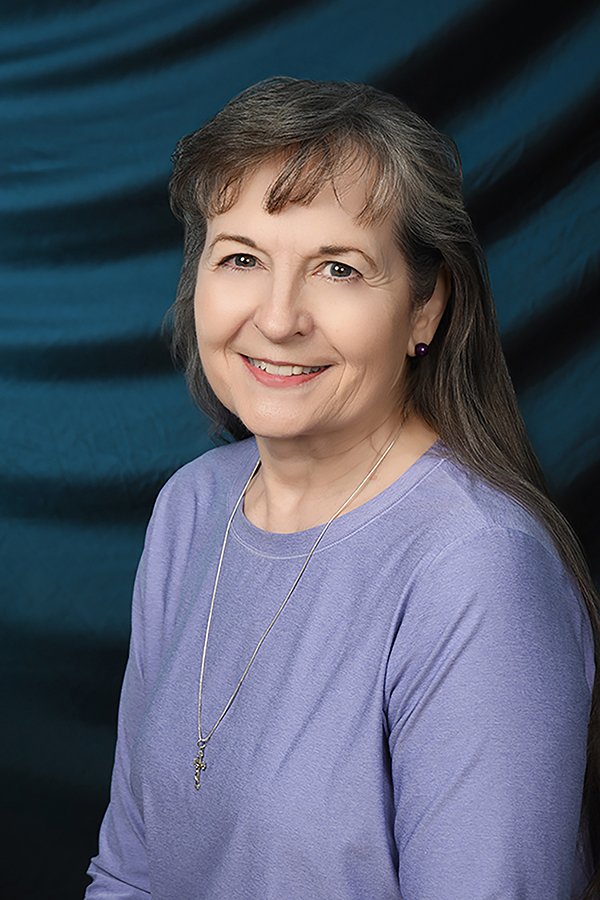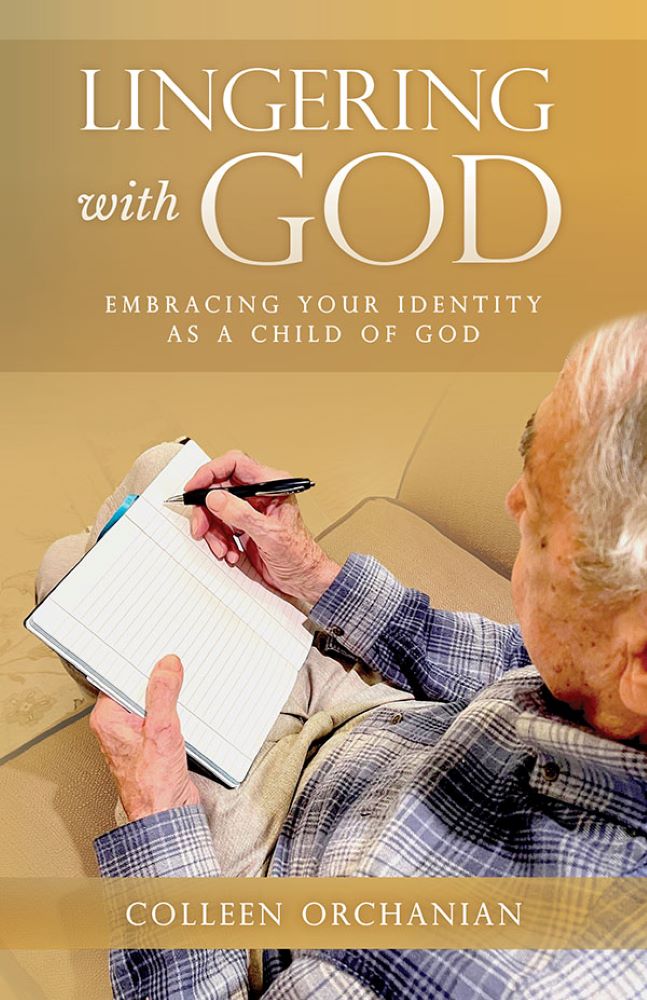More More More
 If asked, most people would say they want a better prayer life. That doesn't necessarily mean their prayer life is dry; more likely it's because they know God always has more. But what is more?
If asked, most people would say they want a better prayer life. That doesn't necessarily mean their prayer life is dry; more likely it's because they know God always has more. But what is more?
More in prayer means something different for each person because each of us is unique, and our relationship with God is unique. As a spiritual director, I meet with people one-on-one to help them better recognize God's movements in their lives and more clearly hear His voice. We talk a lot about prayer. My suggestions to those I meet with are never the same because each person is in a unique place with God.
Prayer is a lifting of the heart and mind to God. Sometimes we pray in a group, like a prayer meeting or worship service. Sometimes we pray with a friend for their specific needs. Sometimes we pray alone – just me and God. Chances are, it's the praying alone part that we want to improve.
Jesus said in Matthew 6:6, But when you pray, go into your room, close the door and pray to your Father, who is unseen. Then your Father, who sees what is done in secret, will reward you. We know Jesus often went off alone to pray. As busy as He was, He took time away to pray. Sometimes he prayed all night. I've never done that, but I know someone who has, who was called to pray all night. And so she did.
How would you do that – pray all night? It's likely you would use different forms of prayer. The Catechism of the Catholic Church describes two types of prayer: Vocal and Mental Prayer.
Vocal Prayer is the kind of prayer we learned as a child – prayers we memorized. They include the Guardian Angel prayer, the Lord's Prayer, the Hail Mary, and the Glory Be. It also includes devotional prayers like the rosary, Chaplet of Divine Mercy, and the Angelus. We can pray the Liturgy of the Hours or the Psalms, which were often prayed by Jesus, even from the cross. Vocal prayer can also be something simple like the Jesus Prayer: Jesus, Son of God, have mercy on me, a sinner.
The beauty of vocal prayer – prayers we read or say from memory – is that we make the words our own as we say them. It's like saying, "I love you" to your husband, wife or child. You don't just say the words, you make them your own each time you speak them. The risk with vocal prayer is that you can get into the habit of saying your prayers rather than praying your prayers.
Mental Prayer takes two forms: Meditative Prayer and Contemplative Prayer.
Meditative Prayer is done when you begin with some spiritual reading or truth and ponder it for some time. You might begin with a passage of Scripture, a quote from a spiritual classic, or an attribute of God. For example:
Scripture: This year I am pondering, The light shines in the darkness and the darkness cannot overcome it. I chose this because of the great darkness evident in the world today – hate, violence, evil, conflict. When I focus too much on the darkness, I am reminded that the light cannot be overcome. I will ponder this passage throughout the day and during my evening prayer time for many months.
Spiritual Classic: Saint Augustine wrote: You have made us for yourself. Our hearts are restless until they rest in You. This can lead me to many thoughts: Why did you make me, God? How is it that you want me? I am restless and only you can fill that restlessness. Give me more of you!
Attribute of God: This could be combined with a Scripture passage. For example, if I want to ponder God's mercy, I might begin by reading the Parable of the Prodigal Son, focusing on the father. I imagine myself as the son being received back into the family because of the father's great mercy. That can lead to thoughts about my own days as a prodigal daughter and how God mercifully called me back and made me whole.
These kinds of meditations can last for quite a while. I have found that I sometimes get to what feels like a stopping point, but if I persevere and wait, God gives me more. I encourage you to commit to a specific block of time for meditation.
The second form of mental prayer is Contemplative Prayer. This is when you rest in silence with God, like sitting with a good friend without talking, just enjoying their presence. It is a quieting of the mind, which can be difficult for those of us who have a running monologue in our heads whenever we're awake. But it is possible.
Contemplative prayer is not just for monks and religious sisters. It's for everyone. It's not about only emptying our mind of all thoughts. We strive to be empty of self and filled with God. When in contemplation, you might hear a word from God – or not. You might feel a calming presence – or not. Each experience is different. There is not a right way to do it except to take the time.
If you want a better prayer life, there is no trick. It boils down to spending time with God. Whatever time you commit, stick to it, even when it feels dry. When we seek a deeper relationship with God, the enemy will attack us. He might suggest some of these thoughts:
- You're too busy to pray.
- You can skip one day. God will understand.
- You aren't holy enough for that kind of prayer.
- You're not feeling anything so it's okay to stop.
- You keep getting distracted so just give up.
Those lies are intended to keep us from a richer prayer life. Recognize when you hear a lie and reject it. Dry prayer happens to everyone. Distractions are a challenge for everyone. There is nothing wrong with you. You're just human. When you get distracted, return to God. When you don't feel anything, don't worry. It's not about how you feel. Feelings can mislead us.
Don't be afraid to pray in a new way or to let go of a prayer practice that has grown stale. God is always waiting patiently for us to stop, set aside things of this world, and lift our hearts and minds to Him. If we do that, we have good prayer. God will always give us more!
Questions for Prayer:
- God, how do you want me to pray? How can I grow closer to you?
- What lies of the enemy have I accepted? How can I more quickly recognize and reject them?

